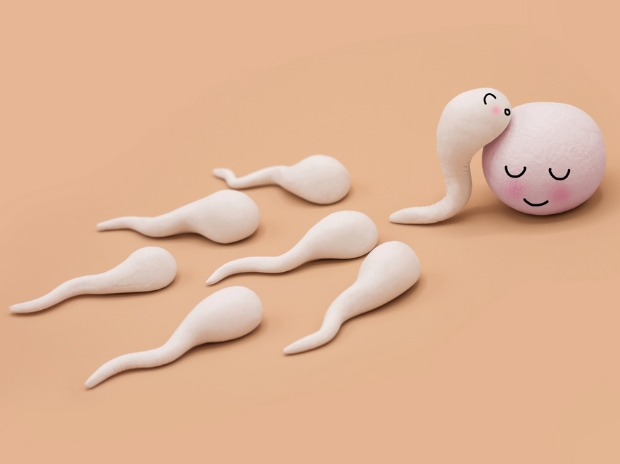source:- business-standard
The diagnosis of cancer is a shock in itself and then comes another – the risk of infertility
Pandemic or not, people are being diagnosed with cancer, including many young patients. Many cancer treatments affect fertility and oncofertility seeks to preserve fertility amongst these patients.
The diagnosis of cancer is a shock in itself and then comes another — the risk of infertility. Presently, Covid-19 has added another angle to these discussions, pros and cons of which must be addressed with each patient.
There are many confusing messages floating on the internet, given the current unpredictable Covid-19 situation. On the one hand, fertility treatment is usually an elective procedure and hence not a priority in these times of an already stretched health care system. On the other hand, urgent fertility preservation is needed for young cancer patients, who are going to undergo chemotherapy or radiotherapy, which also needs immediate action and treatment. Thus, this should not to be considered as an elective procedure for cancer patients.
Oncofertility is when eggs, sperm or reproductive tissues are saved or protected so that a person can use them to have children in the future.
While the current guidelines depend on the stage of the Covid-19 pandemic in the country and local infrastructure available, some salient features include:
Sperm Banking for males before starting the treatment.
Temporary Ovarian Suppression with drugs called Gonadotropin Hormone-Releasing Hormone (GnRHa), which are long-acting drugs that shut down the ovaries to protect them during cancer treatment and make a women go into temporary menopause. These are started before chemotherapy and is an available option in some women with the possibility to restore ovarian function after treatment.
Embryo Cryopreservation for Couples or Egg Freezing for Single women, in which daily hormone injections are given for few days to grow the eggs which are then collected via a special surgical procedure and then frozen either as mature eggs or fertilised with the sperm and then frozen as embryos. This can delay the start of cancer treatment by few weeks. Thus, the urgency of starting anti-cancer treatment has to be factored in before considering.
Ovarian Transposition is when the ovaries are moved away from the field of radiation but this again needs surgery. Hence, the pros and cons of admission and surgery during this pandemic will have to be strategised.
The myriad predicaments at the time of this unprecedented pandemic range from whether there is an increased susceptibility of these patients undergoing fertility preservation to uncertainties regarding Covid testing. It is important to note that though the risk remains with Covid-19 for all of us, the treatment for cancer cannot wait for some patients and has to be started. On this background, oncofertility treatment is relevant, should be offered and discussed with all these patients.
For cancer patients, oncofertility should be offered and considered if this can be safely performed and where resources are available.
Follow local hospital Covid SOPs including testing guidelines for all oncofertility procedures.
All in all, advances in oncofertility have given a lot of hope to preserve future fertility and reproductive health and form the cornerstone of managing young cancer patients. Let us not allow Covid to sidetrack us on this!
